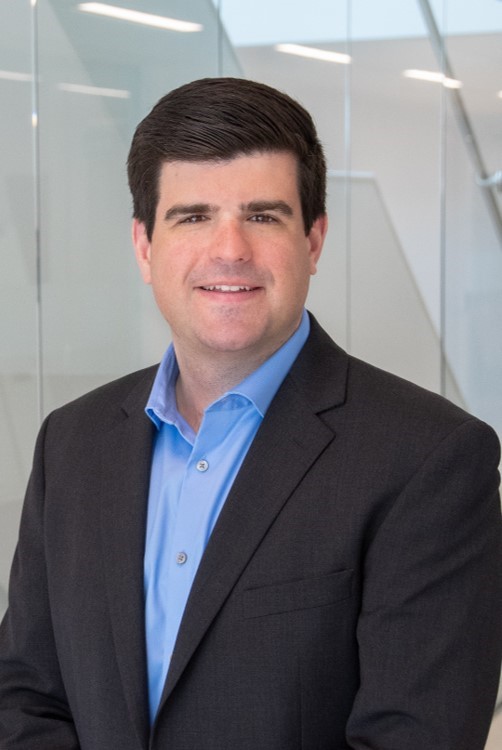Date: Wednesday, November 20, 2024
Time: 9:30-10:30AM
Location: Health Science Technology Building (HST), Forum Room 101
This event features Christopher Wirth, who will talk about "Stability, Rheology, and Electrical Properties of Carbon Black Slurries for Flow Batteries", as part of the Lehigh University Chemical and Biomolecular Engineering's Fall 2024 Colloquium Seminar Series.
Abstract
Long duration storage of energy has become a global priority as we move away from carbon intensive energy sources and towards sustainable, but intermittent, sources such as solar and wind. There are many strategies for long duration energy storage (LDES), with flow battery technology one of the leading candidates. Flow batteries have several advantages such as modular design, moderate cost of operation and maintenance, and the decoupling of capacity from power. One type of flow battery chemistry utilizes a flowable activated carbon black electrode and electrochemical couple that plates onto the activated carbon black as it flows. Carbon black slurry electrodes are desirable primarily because of material availability, abundance, and low cost, while having a large active surface area. Significant challenges remain with this specific flow battery chemistry, including stability and flowability of the carbon black suspensions, especially in response to formulation choices. This seminar will focus on our work measuring the stability, rheological response, and electrical properties of activated carbon black slurries to formulation choices. One central result that will be discussed is the slurry is a colloidal gel with elasticity remaining constant despite increasing surfactant concentration until α (= Csurf/CAC) < 0.65. However, at α ≥ 0.65, the slurry abruptly transitions to a fluid with no measurable yield stress. This critical surfactant concentration at which the rheological profile undergoes a dynamic change matches the concentration found previously for gel collapse of this system. Moreover, this transition is accompanied by a complete loss of electrical conductivity. From these data we conclude the site-specific adsorption of surfactant molecules often used in slurry formulation has a significant and dramatic impact on the stability and flowability of these suspensions. Work presented herein demonstrates the importance of additive choices when formulating dense suspensions for energy applications.
About the Speaker
Chris Wirth is an Associate Professor in the Department of Chemical and Biomolecular Engineering Department at Case Western Reserve University (CWRU). Following completion of his Ph.D. in Chemical Engineering at Carnegie Mellon University (CMU), he was a research associate at PPG Industries, in conjunction with the Center for Complex Fluids Engineering at CMU. He then joined the Department of Chemical Engineering at KU Leuven, Belgium, as a postdoctoral scholar in the Soft Matter, Rheology and Technology Laboratory. After spending five years on the faculty at Cleveland State University, he moved to CWRU in January 2020. Currently, his lab is interested in the non-equilibrium dynamics of complex fluids and colloidal particles in crowded environments, with a growing interest in formulation engineering for energy and the sustainable manufacturing of coatings and films. He is a recipient of the Doctoral New Investigator Award and the Principal Investigator Development in Sustainability Grant from the American Chemical Society and the CAREER award from the National Science Foundation. He currently serves as Cluster Lead for Sustainable Materials and Manufacturing for the new Interdisciplinary Science and Engineering Building (ISEB), a $300m, 189,000-square-foot building currently under construction on the CWRU campus. Projects in his lab are currently funded by the National Science Foundation, Department of Energy, and industry sources. More information about his group’s work can be found at: https://wirthlab.org/
Department/Program:

